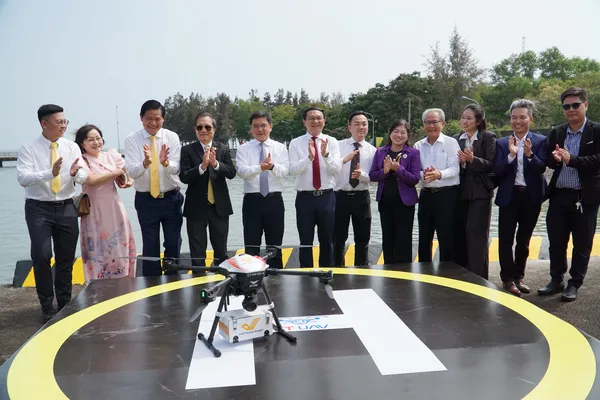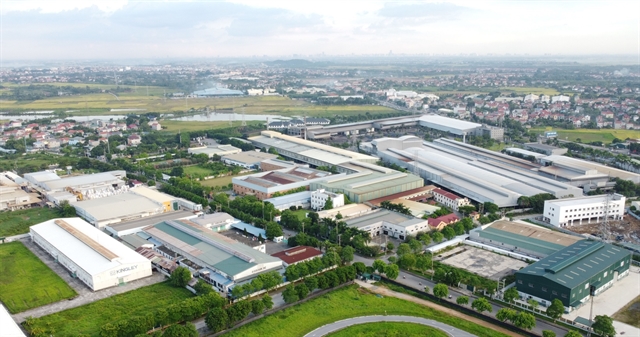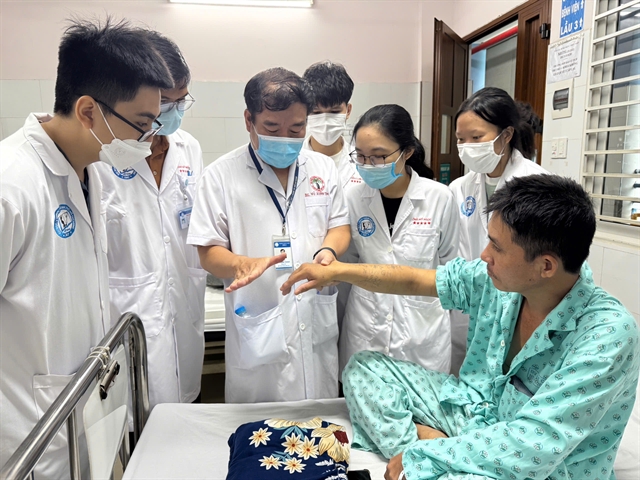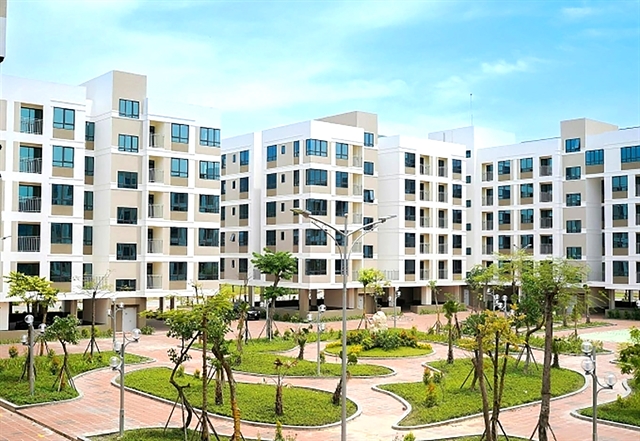 Society
Society
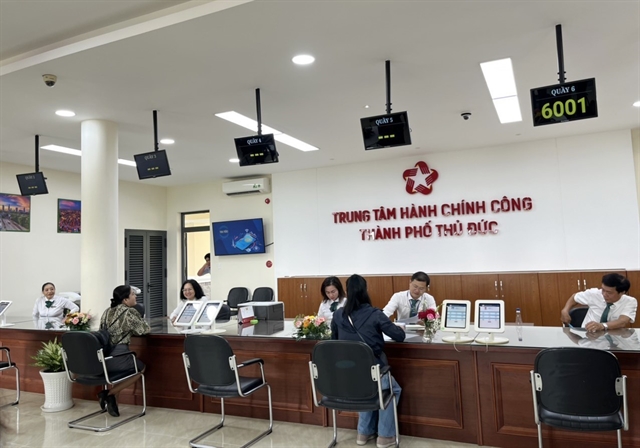
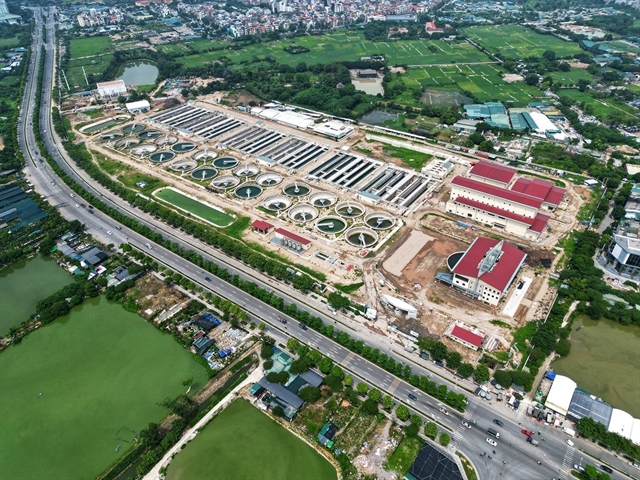 |
| Yên Xá wastewater treatment plant in Thanh Trì District, Hà Nội. — VNA/VNS Photo Tuấn Anh |
HÀ NỘI — The much-anticipated Yên Xá wastewater treatment project, which was originally set to be operational in the second quarter of 2022, is facing calls for investigation, especially into the contractor's conduct, after long delays.
The Management Board of Investment Projects for Technical Infrastructure and Agriculture in Hà Nội attributes the slow progress to the inadequate capacity and financial shortcomings of the contractor consortium.
To ensure the project's deadlines, the board urged the Hà Nội City Inspection Team to promptly conduct an investigation as recommended by the Hà Nội Police Department, Hoàng Trọng Tùng, the board's director, noted in a report to the city's inspectors.
Commenced in October 2016, the Yên Xá project is one of the largest-scale initiatives in Hà Nội, with a total investment exceeding VNĐ16 trillion (US$657.6 million), sourced from the Japanese Government's official development assistance (ODA). It serves a critical role in handling domestic wastewater for districts including Đống Đa, Ba Đình, Tây Hồ, Cầu Giấy, Hà Đông, Hai Bà Trưng, and Thanh Trì that have over 900,000 residents (2020 figure).
The project comprises a wastewater treatment plant with a capacity of 270,000cu.m/day, along with a system of wastewater collection sewers, embankment sewers, and connecting sewers along the banks of the severely polluted Tô Lịch River, and Lừ River (Hà Đông District) and the new urban area, totalling approximately 53km in length.
During the construction of the wastewater collection system, a series of pile caps have been built along Nguyễn Xiển, Kim Giang, Lương Thế Vinh, Nguyễn Trãi, Vũ Trọng Khánh streets, resulting in severe traffic congestion.
The project comprises 35 large and small bidding packages, but the focus is on international bidding packages No.1, 2, 3, 4, and a consulting service package.
Package No.1, which is the construction of the Yên Xá wastewater treatment plant with a capacity of 270,000cu.m a day, is undertaken by the joint venture JFE - TSK (Japan). The construction period is 40 months with an eight-month trial operation.
To date, completion of this package has reached 95 per cent. Units are currently working on completing components such as the inlet pump station, sludge reaction tank, sludge treatment plant, and the administrative and control building.
Package No.2, the construction of embankment sewers for the Tô Lịch River and main sewers, is executed by TEKKEN Company (Japan), with a construction period of 48 months. Currently, excavation of the main sewer route has reached nearly 2,100/2,287m (about 91.5 per cent) and the branch sewer route has reached over 4,400/6,462m (about 69 per cent).
Package No.3, which is the construction of embankment sewers for the Lừ River, and Package No.4, which is construction of sewers for a part of Hà Đông area and new urban area, are implemented by the joint venture of An Xuân Thịnh Trading Construction Corp and Sông Đà 9 JSC.
Regarding Package 3, the embankment sewer system is designed with nearly 470m of D400 pipes, 16 manholes, and 17 inspection chambers. However, so far, only 18 per cent of the pipes have been completed, while manhole and inspection chambers have been 62.5 and 76 per cent completed, respectively.
The primary reason for the unsatisfactory progress of Package No.3 is the contractor's weak capacity and financial constraints.
Regarding the progress of Package No.4, the contractor is currently building the sewer route (reaching nearly 48 per cent completion), constructing 68/151 manholes (45 per cent completion), and constructing the drainage channel (35 per cent completion), but has not started on inspection chambers.
For underground drilling work, only 9/71 wells along the Vũ Trọng Khánh-Trần Phú route (Hà Đông District) have been built, or a 12.6 per cent completion rate, while underground drilling is yet to be carried out.
The board states that while Hà Nội's authorities have approved in principle the extension of this package due to objective reasons such as the COVID-19 pandemic and heavy rain, once again, the board believes the primary reason for the slow progress is the contractor's limited capabilities and budget issues. — VNS

